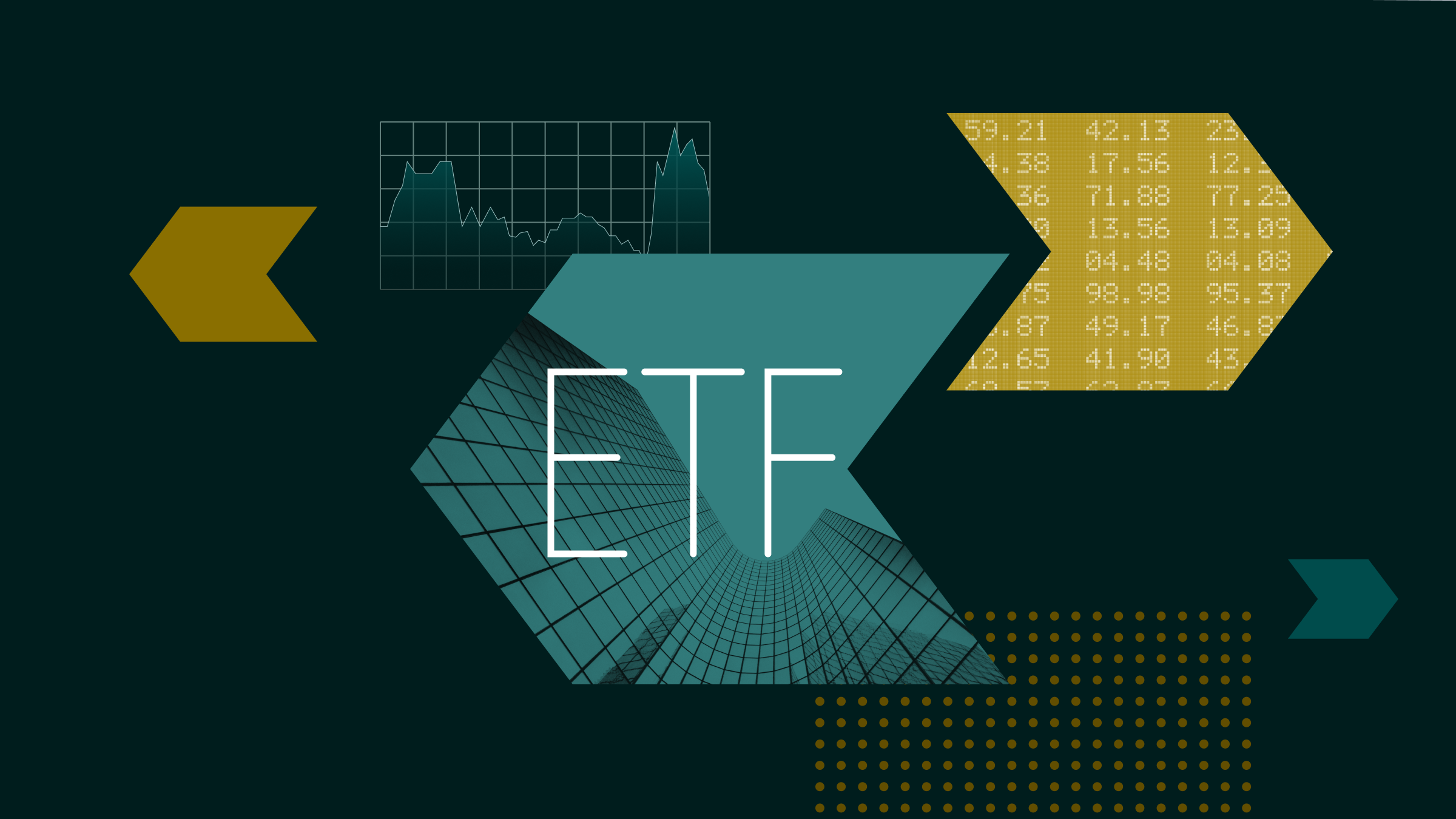Matthew Strauss, vice-president and portfolio manager at Signature Global Asset Management, says that investors should look past the shorter-term uncertainty and volatility surrounding China's economy and its equity market.
"There is a need to take a longer-term view of the world's second largest economy, which is undergoing significant and positive changes, and this is Signature's focus," says Strauss, an emerging market specialist. "There is always volatility in emerging equity markets, and the recent sharp correction in China's equity market, after its rapid run-up, is a reminder of this."
It has been a tough time for emerging equity markets versus the developed markets over the past three-to-four years, says Strauss. A big detractor from the foreign investor standpoint has been the currency devaluations against the U.S. dollar, across all these countries. "This continues to be a headwind for the emerging market universe."
Furthermore, he says, lower global economic growth, projected at 3.3% for 2015 -- marginally lower than in 2014 -- is a negative for emerging economies. So is the fall in commodity prices, "which impacts the commodity-producing countries." Then, he notes, there are "domestic political issues in a number of countries." Finally, he says, there is the uncertainty surrounding China's economy.
China constitutes almost 25% of the benchmark MSCI Emerging Markets Index, which tracks the performance in 23 countries of large and mid-cap companies that foreigners can invest in. "Add to China's weighting in the index, the weightings of South Korea, Taiwan and India, as well as the other developing countries in the region and Asia now accounts for more than 60% of the benchmark," says Strauss.
Despite the sharp drop in China's equity market over the three months to the end of July, Strauss points out that the MSCI China Index, which tracks those Chinese stocks that foreigners can invest in, outperformed the MSCI Emerging Markets Index, over the past three, five and 10 years, using annualized returns.
| |
|
3-Year Return | 5-Year Return | 10-Year Return |
| |
MSCI China H | 19.4 | 8.1 | 11.5 |
| |
MSCI Emerging Markets | 8.2 | 5.0 | 7.1 |
| |
MSCI EAFE | 21.8 | 13.5 | 5.8 |
| |
MSCI World | 24.8 | 17.8 | 7.5 |
| |
All performance figures are in Canadian dollars. Data as of Aug. 14, 2015 Source: Morningstar |
|||
Of China's longer-term macro picture, Strauss points to a number of positive structural developments currently underway. "The country continues to seek to integrate key facets of its economy with the rest of the world and to introduce a more market-driven approach to its underpinnings." The objective of the latter, he says, is to reduce the inefficiencies that can stem from a centrally planned economy.
Signature, he says, is carefully monitoring the country's commitment to and implementation of these major reforms. "China's President Xi Jinping is aware of the need for this and has the clout to push them through."
At the same time, says Strauss, China's economy is undergoing a significant transformation, as it moves from a predominantly manufacturing base to include more consumer-oriented and service businesses. Any rebalancing of an economy is challenging, he says. "China is a large economy and redirecting a big ship takes time," he says.
While acknowledging that there are risks to China's ambitious economic reforms, Signature is constructive on China, says Strauss "and we are looking to broaden our investment opportunities there." In early August, Signature secured regulatory approval to become the first foreign institutional investor from Canada to take advantage of China's program to allow for registered Renminbi investing in its onshore securities markets. CI now has the status of a Renminbi-Qualified Foreign Institutional Investor.
Recent currency market reforms are part of China's move, says Strauss, to increase the internationalization of its currency. China is looking to have the Renminbi included in the International Monetary Fund's official reserve currency basket, along with the U.S. dollar, the euro and the yen. "If China is successful, it will represent an important symbolic milestone for the country and a de facto recognition of the currency's role globally."
Strauss is less perturbed than many other China pundits about the move by the Bank of China on Aug. 11 to devalue the Renminbi by 1.8% against the U.S. dollar. "We give credence to China's official view that this is part of the move to liberalize this currency and not a prelude to a competitive devaluation of the currency, driven by a weakness in China's economy."
The move to devalue the currency came around the time of some weak month-end data out of China, says Strauss. "Hence the concern in some circles." China, he says, will be addressing this weakness through "a targeted stimulus strategy in the coming months," which will include both interest rate cuts and increased government spending. "This should start to bear fruit in the fourth quarter of this year."
 |
|
 |
|
| Matthew Strauss | |
 |
|
 |
|
 |
Signature Global Asset Management is a separate portfolio-management team under CI Investments Inc. Signature manages assets of $57.5 billion across all asset classes. Strauss provides macroeconomic strategy on foreign exchange, as well as being a specialist in emerging markets. His responsibilities include co-managing CI Signature Emerging Markets, which is benchmarked against the MSCI Emerging Markets Index and has 80 to 90 holdings.
Management of this portfolio involves both macroeconomic and company-specific analysis. The latter relies on the input and expertise of Signature's other portfolio managers and sector specialists.
Strauss says that CI Signature's Emerging Markets' portfolio has become more defensive. The team has increased the cash component, which currently stands at 8%.
When it comes to sectors, the portfolio has underweight positions in resources and consumer-related stocks (both staples and discretionary). Also, "the fund is now neutral on technology." Overweight sectors include utilities, health care and financials, which is the biggest sector weight in the portfolio. Strauss reports that emerging market bank stocks "have been sold off fairly aggressively and there is value to be had in this sector."
The fund's biggest country overweight, relative to its benchmark, continues to be China, says Strauss.
Besides China, CI Signature Emerging Markets continues to emphasize countries such as India and Mexico, "though the Mexican economy is under some pressure in the shorter term because of its exposure to oil." The fund, he says, continues to be underweight in some other commodity-related emerging economies such as Brazil and South Africa. "We are completely out of Russia, as we have issues with transparency, governance and the geopolitical risk."
When it comes to stocks, Strauss reports that the team has reduced its holding in China's ![]() Alibaba Group Holding Ltd. (BABA), which was one of the largest weightings in the fund after the company's initial public offering on Sept. 19, 2014. "This e-commerce company embarked on a buying spree of Internet-related companies and still needs to demonstrate that it is capable of integrating them." The company has shored up its senior ranks, he notes. Alibaba recently hired former Goldman Sachs vice-president, Mike Evans, who will focus on its international thrust. In all, says Strauss, "the long-term prospects of Alibaba remain sound, given the growth in e-commerce both in China and internationally."
Alibaba Group Holding Ltd. (BABA), which was one of the largest weightings in the fund after the company's initial public offering on Sept. 19, 2014. "This e-commerce company embarked on a buying spree of Internet-related companies and still needs to demonstrate that it is capable of integrating them." The company has shored up its senior ranks, he notes. Alibaba recently hired former Goldman Sachs vice-president, Mike Evans, who will focus on its international thrust. In all, says Strauss, "the long-term prospects of Alibaba remain sound, given the growth in e-commerce both in China and internationally."
Another China tech holding in the fund is Tencent Holdings Ltd., the largest social media company in the country. "We remain enthusiastic about Tencent, which has strong growth prospects."
In the financial services sector, the fund's holdings include a Spanish bank BBVA. This bank has a significant Latin American exposure, "which is a major revenue driver for BBVA." The stock sold down because of investor concerns about European banks, he says. "The Signature team saw this as an opportunity to invest in a developed-market bank that is benefitting from growth in emerging markets."
A direct play on Latin America is the fund's holding in Banco de Chile. "The Chilean economy is showing some signs of turning around, and the bearish sentiment surrounding this country should begin to recede."
Investment opportunities in pure domestic banks are limited in Mexico, says Strauss. "There is a significant amount of foreign participation by both U.S. and some Canadian banks in the Mexican financial industry." An example of a pure Mexican play that does meet the Signature team's criteria, he says, is El Banco Fuerte de Mexico, also known as Banorte.
















